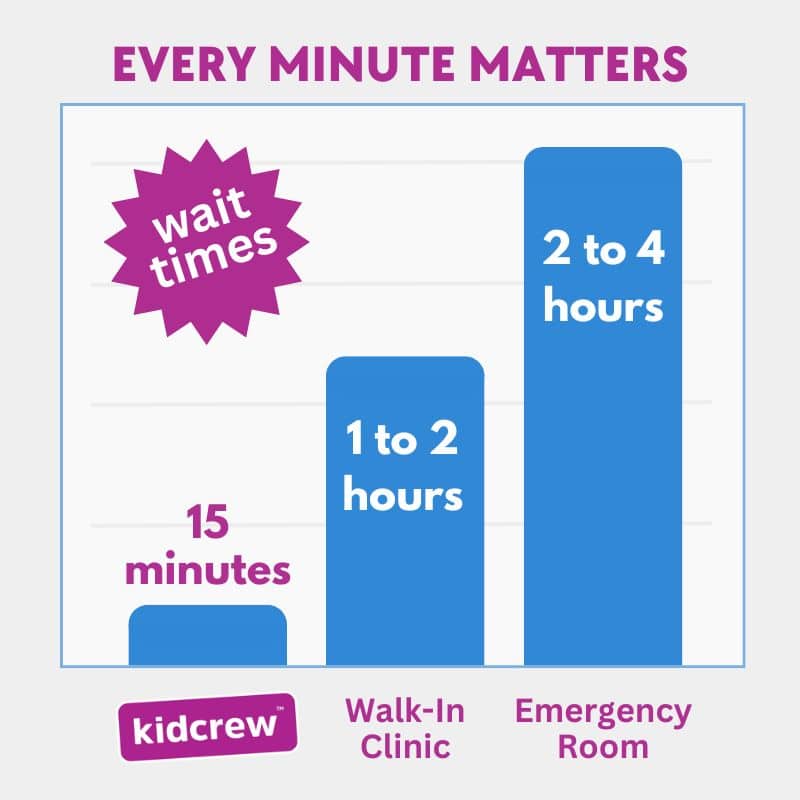Decoding Allergic Reactions in Children
One sunny morning, as you introduce your little one to a new breakfast cereal, you notice their cheeks turning a slight shade of red and their eyes beginning to swell. Panic sets in. Is this an allergic reaction? Should you rush to the emergency room, or is a quick trip to the clinic enough?
“Allergic reactions in children can be frightening, but not all require emergency care. Understanding the signs can help you make the right decision quickly,” – Dr. Dina Kulik
Understanding Allergic Reactions
Allergic reactions can range from mild to life-threatening. Recognizing the severity is key to deciding where to seek help.
Mild to Moderate Reactions:
- Skin Reactions: Hives, mild itching, or mild swelling around the lips and face, with no other symptoms
- Respiratory Symptoms: Sneezing, mild coughing, or nasal congestion that seems more annoying than distressing, with no other symptoms
- Stomach Issues: Mild nausea or discomfort without severe pain, with no other symptoms.
These symptoms, while definitely uncomfortable, can often be treated at an urgent care clinic where medications like antihistamines can be administered safely.
Severe Reactions – Anaphylaxis:
TWO SYSTEMS – such as rash (skin), AND vomiting (gastrointestinal), or rash AND swelling, or vomiting AND cough → CALL 911, (give an epipen FIRST if you have one).
- Breathing Difficulties: Wheezing, shortness of breath, or throat tightness could indicate a more serious reaction.
- Significant Facial Swelling: Especially if it involves the lips, eyes, or the whole face.
- Dizziness or Fainting: A sign of a drop in blood pressure, which can accompany severe allergic reactions.
- Persistent Vomiting or Severe Abdominal Pain: This could indicate a serious condition that needs immediate attention.
When to Visit the Emergency Room
If your child exhibits any signs of a severe allergic reaction (anaphylaxis), it’s critical to go call emergency services and go to the emergency room. These reactions can worsen rapidly and require immediate treatment, such as epinephrine and professional medical support to manage breathing and prevent further complications such as death.
Choosing Urgent Care
For reactions that are uncomfortable but not life-threatening, such as minor hives or nasal congestion, an urgent care clinic can provide the necessary treatment:
- Administering Medications: Such as antihistamines or topical steroids for skin reactions.
- Observation: Allowing time to ensure that symptoms do not escalate.
“Always err on the side of caution with allergies in children. If you’re unsure about the severity, or if it’s the first time your child has shown an allergic response, seeking immediate professional advice can make all the difference.”
– Dr. Dina Kulik
Conclusion: Being Prepared
Having a plan in place and knowing how to recognize the severity of allergic reactions can save precious time and provide peace of mind. Keeping an epinephrine auto-injector available, if prescribed, ensures you are prepared to handle unexpected allergic reactions effectively.
Remember, quick action is crucial, especially with allergies. Trust your instincts, and when in doubt, professional medical advice is just a call away.








































